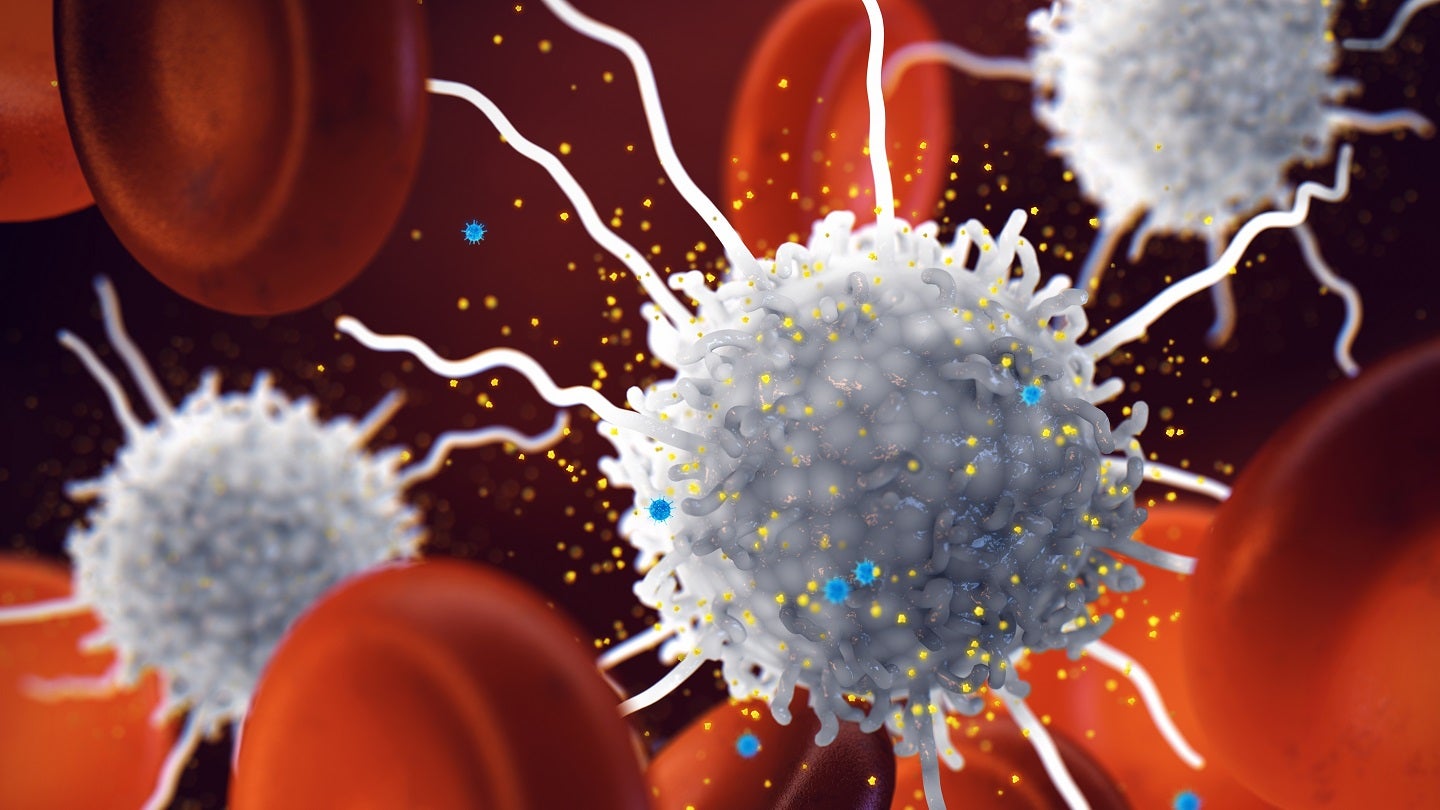
Immutep has selected Charles River Laboratories to conduct a Good Laboratory Practice (GLP) toxicology study of its proprietary preclinical candidate IMP761 for autoimmune diseases.
Preclinical toxicology studies help in assessing the potential safety and toxicity of any drug candidate prior to its testing in humans.

Discover B2B Marketing That Performs
Combine business intelligence and editorial excellence to reach engaged professionals across 36 leading media platforms.
In a pre-clinical oligoarticular juvenile idiopathic arthritis model, IMP761 showed to decrease the secretion of nearly all measured cytokines.
In addition, several key cytokines (IL-10, IL-12, IL-1β, IL-4, and IL-6) reached the level of statistical-significance (p < 0.01).
Immutep chief scientific officer Frédéric Triebel said: “Immutep is continuing its pioneering work in the LAG-3 immunotherapy landscape, as we advance IMP761, the world’s first LAG-3 agonist antibody, towards the clinic in the first half of next year.
“With its novel ability to enhance the signalling of the LAG-3 inhibitory receptor and down-regulate auto-reactive memory T cells at the centre of many autoimmune diseases, we believe IMP761 has the potential to change how immune disorders are treated.

US Tariffs are shifting - will you react or anticipate?
Don’t let policy changes catch you off guard. Stay proactive with real-time data and expert analysis.
By GlobalData“We are pleased to be working with an established global company like Charles River for this next important step of our pre-clinical development.”
The GLP toxicology results and other preclinical studies will form an essential part of the company’s clinical trial application for the first-in-class immunosuppressive LAG-3 agonist antibody, IMP761.
Last month, Immutep reported positive final data from Part B of the TACTI-002 Phase II trial in second-line metastatic non-small cell lung cancer (NSCLC) patients refractory to anti-PD-(L)1 therapy.
The results showed that all 36 patients in the trial demonstrated progression after standard-of-care first-line treatment with anti-PD-X therapy.





